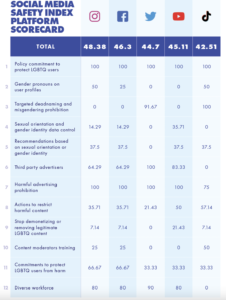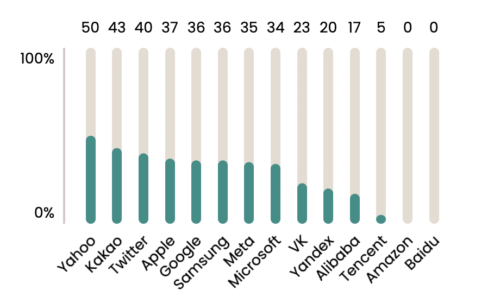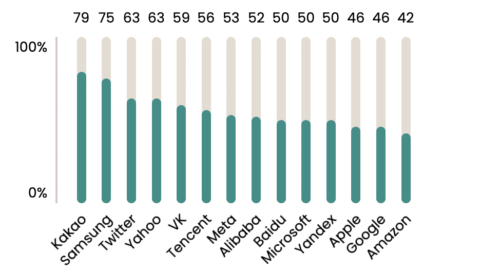Posted at 09:41h
in
Featured
by Roya Pakzad
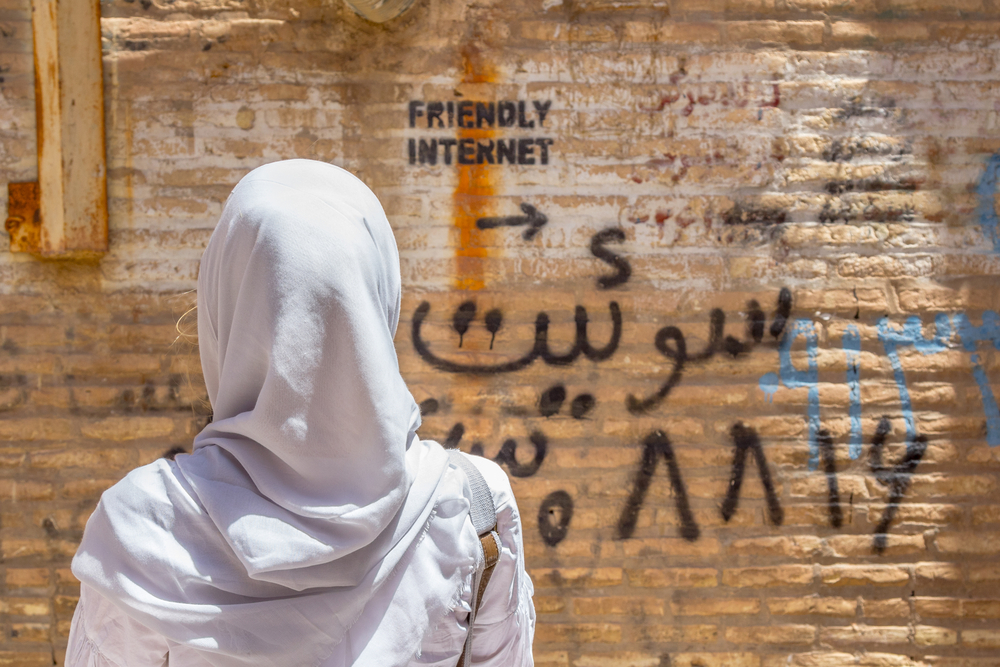
A woman looks at an inscription on the wall indicating an uncensored Internet spot, 2016.
In this 2021 conversation, RDR’s Global Partnerships Manager Leandro Ucciferri and RDR’s former Communications Officer Aliya Bhatia spoke with Roya Pakzad and Melody Kazemi, authors of the joint Filterwatch and Taraaz report “Digital Rights & Tech Sector Accountability in Iran” that evaluated six domestic and international messaging apps popular in Iran using RDR’s standards, between January and September 2020. This included four domestic services (Soroush, Gap, Bale, and Bisphone) and two foreign competitors (WhatsApp and Telegram).
In September 2022, protests erupted across the country following the death of 22-year-old Mahsa Amini, who died in police custody after being arrested for “improperly” wearing her hijab, according to the authorities who arrested her. This mass mobilization was sparked over social media, where news of the death spread rapidly. Yet online organizing has been met with “nightly internet and app outages,” according to the New York Times, along with impediments to messaging encryption and restricted Google searches. With fears that an impending internet bill could block what remains of Iranians’ access to social media, we believe this interview, and the work that preceded it, is more important than ever.
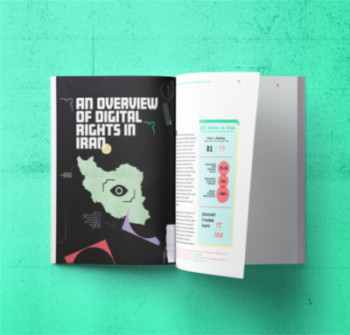 The report found that though all companies disclosed something about their privacy policy and terms of services, none of the Iranian companies evaluated disclosed how, or how much, they enforce them. Meanwhile, foreign companies often failed to translate this kind of information into Persian and lacked transparency around language and country-specific procedures for enforcement. Alongside the report, the authors created a workbook intended to assist Iranian tech companies wishing to respect human rights self-assess and begin internal discussions.
The report found that though all companies disclosed something about their privacy policy and terms of services, none of the Iranian companies evaluated disclosed how, or how much, they enforce them. Meanwhile, foreign companies often failed to translate this kind of information into Persian and lacked transparency around language and country-specific procedures for enforcement. Alongside the report, the authors created a workbook intended to assist Iranian tech companies wishing to respect human rights self-assess and begin internal discussions.
Companies generally received the lowest scores for policies relating to the handling of government or third-party requests for users’ information, the censoring of content, and the restriction of accounts. This lack of transparency occurs alongside state-controlled internet localization: The Iranian government has heavily involved itself in the growth of the domestic technology sector. E-government services have recently been added onto messaging apps, raising concerns about data sharing with the government.
This report makes clear that the threats faced by Iranian social messaging users stem both from major tech companies, such as Meta-owned WhatsApp, but also from much smaller, localized companies, highlighting the need for accountability across all forms of tech. This research also makes clear that RDR’s standards have an important role to play in assessing user’s freedom of expression and privacy to evaluate companies in countries facing extreme government repression.
The following conversation touches upon the country’s government-led startup boom, the localization efforts that threaten users’ rights, and the unique role that the diaspora plays in advocating for digital rights within Iran.
Leandro Ucciferri: Roya, Melody, welcome! Please introduce yourselves.
Roya Pakzad: I’m the founder and director of Taraaz, a research and advocacy nonprofit based in Santa Cruz, California. I’m originally from Iran but I’ve been living in the U.S. for the past 11 years. My background is in electrical engineering and human rights studies. Since 2015, I have been focused on human rights issues in the context of digital technology.
Melody Kazemi: I’m a researcher at the Filterwatch project, which focuses on monitoring and providing analysis on developments around internet policy and digital rights in Iran. We provide monthly outputs on network connectivity, shutdowns, and the overall state of the internet in Iran. This report was part of our collaboration with Roya at Taraaz to look further into the landscape of the private sector and their impact on human rights in Iran.
LU: I think from the outside, for people who are not familiar with the Iranian context, it may be surprising to learn how active the startup and tech community really is and the number of players in the ecosystem. What’s the relationship between users and companies, including startups, like? Is there a lot of trust in startups, in services, in apps? Or, given tight government control, are people really cautious about using them?
RP: There is not much trust because Iranian users know their government, they know that the government would like to have control.
Very early on, after the Green Movement [2009], when the government started blocking Twitter and Facebook, the Iranian diaspora community started working on providing circumvention tools to local users and just generally providing cybersecurity, as well as raising awareness about digital rights issues. There was this kind of capacity in the Iranian community to know that, “Okay, we cannot trust a service that is offered by the government or is controlled heavily by the government.”
Iranians have always known that the government is going to, and wishes to, control the internet and the information available to them.
MK: Yeah, Iranians have always had to live under a very restricted internet. And then, as platforms became more ubiquitous and people became more familiar with them and the government understood the potential uses for mobilizations and for sharing information and their association with social movements, the government began filtering them. So Iranians have always known that the government is going to, and wishes to, control the internet and the information available to them.
Telegram is the most popular messaging app because it lets you create channels with huge numbers of people (according to Telegram, groups can include up to 200,000 people) that can be used for information sharing or organizing movements. It makes sense that Iran would try to make its own alternatives [to Telegram] and make it a part of its mission to control and localize the internet, not just to filter and block international platforms. Because the amount of information and the sensitivity of the information shared on those platforms is so important to them.
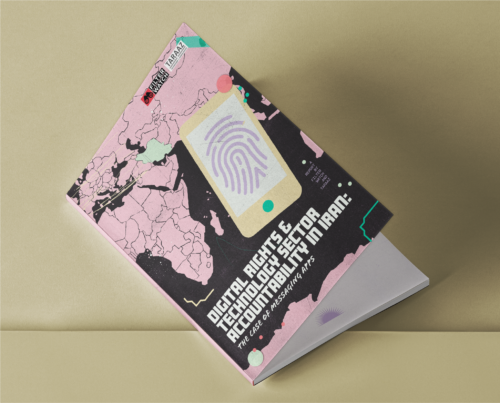
A lot of Iranian messaging apps that have government connections have made profiles without users’ consent by copying profiles from Instagram, for example. And the government has created more and more incentives to push users onto these accounts, for example by offering vaccination appointments through these apps. In one instance, we saw that certain university students needed to have one of the messaging apps in order to be able to get a verification code to access the university’s online platform. So, for these government-affiliated or government-owned apps, it’s not necessarily about how well they’re competing with their international counterparts, it’s just that they’re making sure they become a part of people’s daily lives.
And they’re not going to go away. With the increasing use of internet shutdowns in Iran to disrupt movements, we’ve seen domestic platforms stay online, thanks to our domestic infrastructure, while the global internet is cut off. Some users, just out of sheer necessity, in order to be able to communicate with each other, will have to use these domestic alternatives.
You can therefore see how important messaging apps have become in Iran’s policy of controlling the internet. And it’s especially important in a context where users don’t have any legal protections or regulations that might hold platforms to account—there is no independent judiciary and people are constantly prosecuted for their online behaviors.
With the increasing use of internet shutdowns in Iran to disrupt political movements, we’ve seen domestic platforms stay online while the global internet is cut off.
LU: Is that why you chose to focus on messaging apps for your research?
RP: Since the inception of the Islamic Republic of Iran in 1979, the government has had an information monopoly. Many people began to fear that messaging apps threatened to jeopardize this information monopoly. We heard representatives from [state-run companies] comparing themselves positively to their foreign competitors, like Telegram and WhatsApp, but there wasn’t any substance behind their claims. So, with the RDR Index in hand, we had an opportunity to tell them, “Here’s an actual ranking that you can use to compare yourselves based on international standards.”
We tried to look at state-run and other telecommunications companies—Hamrahe Aval (MCI) and MTN Irancell, for example—but they don’t have enough information about their privacy policies and terms of services. We wanted to use the RDR methodology as an introduction to the concept of business and human rights and the role of the private sector in upholding human rights. We wanted to showcase services that have at least a minimum in terms of privacy policies.
We wanted to use the RDR methodology as an introduction to the concept of business and human rights and the role of the private sector in upholding human rights.
Aliya Bhatia: With this interest in building local competitors as a means to localize the internet, can you tell me more about how the government views foreign companies? Has there been antagonism against local companies that don’t comply? There are incentives to drive user engagement, but is there any proposed regulation to restrict the use of these local or even foreign apps?
MK: There are problems with intermediary liability issues. We’re seeing a trend where the owners and founders and creators of these platforms are being held liable for user-generated content or user behavior on these platforms. The law isn’t clear and the Iranian government immediately goes after them, arrests them and fines them, or hands out prison sentences. We’ve seen this quite a few times in the past year at least, if not longer.
The second big thing that every Iranian has been talking about is this draft legislation that we call the “User Protection Bill.” It has changed names a number of times, so if you hear about an internet bill in Iran, it’s probably this one. The government has also been looking into creating state-sanctioned VPNs that the government can control. Users would have to qualify through a government scheme to use them. Based on who you are, based on identity or profession, they would grant you a different level of access to the internet, something our colleague Kaveh Azarhoosh called “layered filtering,” which is sort of the grander vision for Iran’s internet.
There’s been a huge amount of public backlash about the bill from ordinary users, but also a lot of vocal backlash and criticism from Iran’s tech sector about the dangers that filtering international services will pose to them. There’s been a huge petition, signed by over a million people in Iran, to stop the progress of the bill. And as we’re talking, it’s still going through the parliamentary process where it’s being reviewed. In April [2022], Iranian deputies voted to dissolve the committee which had been charged with determining the future of the bill, which means that this is now in the hands of the entire Iranian parliament.
Based on who you are, the government could grant you a different level of access to the internet, something that has been referred to as “layered filtering.” This is the grander vision for Iran’s internet.
AB: Correct me if I’m wrong, but it seems that filtering makes it inevitable that most Iranians would have multiple messaging apps on their device. Do locals prefer to use international apps or is there a similar movement amongst citizens to use domestic apps instead of WhatsApp and Telegram?
RP: Before Telegram was being filtered, or blocked, there was, as mentioned, a lot of interest in Telegram because Telegram is super user-friendly from a technical standpoint. Once it became filtered, users moved to WhatsApp. People want to be in touch with, or access, certain channels and information, so they choose a messaging app based on that. They can use VPNs to use Telegram and then if they cannot use VPNs, they use WhatsApp. The real issue is with this e-government shift, where you have to use certain apps to register for your entrance exams for university, or you need your vaccination card, or you need to use the e-Health app, the list goes on. So yes, it will become inevitable to use multiple apps.
MK: Definitely. There’s an article from Insider that compares the local alternatives in Iran to their international competitors. Iranians still prefer international apps, Telegram and WhatsApp, to domestic equivalents. Iranians have gotten quite tech savvy with VPNs and trying to go around filtering. So natural, organic uptake of these local apps is quite low comparatively.
LU: How did you approach adapting the methodology to the Iranian context? From previous conversations with Roya, I know that it was a huge decision to deploy the whole methodology, which is a big undertaking. Walk us through a little bit of that process.
RP: For a long time now, the Iranian digital rights ecosystem has been Iranian people resisting government censorship and the Iranian government trying to censor the internet. If you read literature from 2008 until 2016, you see that civil society wasn’t really focusing on the role of companies in their digital rights advocacy. The focus was mainly on government censorship. So we wanted to say, “Oh no, there are so many actors in the middle, and we have to focus on them because they have a responsibility too.” Part of that was just introducing the idea of corporate social responsibilities.
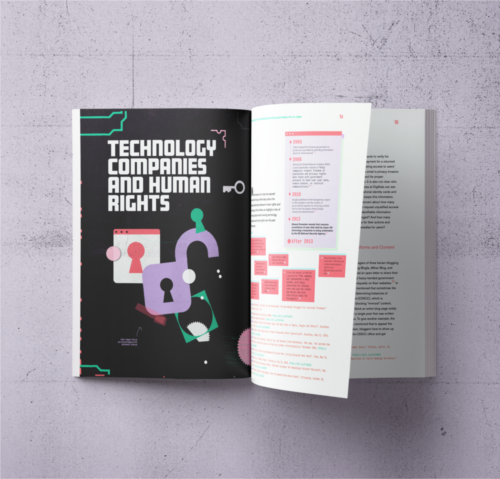
We wanted to introduce GNI (Global Network Initiative), a non-governmental organization that assists companies in respecting freedom of expression and privacy rights when faced with pressure from governments to hand over user data or remove or restrict content, into the conversation. We wanted to introduce multi-stakeholder engagement. We wanted to introduce human rights impact assessments. We wanted to introduce Ranking Digital Rights’s great index and show that you can use that for evaluating yourself as a company, or journalists can use it to evaluate you. That’s why we didn’t just pick certain indicators, we used all of them, because the main purpose was an educational approach with the idea of business and human rights, introducing all of the ideas of human rights due diligence and human rights impact assessment policies.
We did have to adapt for the context of Iran and its current lack of discussion about business and human rights. And the other thing we noted is e-government services being an add-on to other services. The government incentive to use Iranian messaging apps also means you pay less than you do to use Telegram or WhatsApp, because the data that you pay for costs less than data to access foreign apps. If you don’t have enough money to pay for VPNs, it means that you can only use Iranian apps, which penalizes people because of their socio-economic status, as the government changes the tariff for data, for example. In the context of Iran, we had to pay attention to the narrative that we use and explain why we are using privacy and freedom of expression indicators and mixing them with a discussion of the socio-economic context.
LU: What are some of the takeaways and impact achieved since the report was first released?
RP: Kaveh and I also recently worked with the Iran Academia’s MOOCs program to record a lecture based on our RDR report. We have seen a lot of attention directed at the role of technology companies and technologists in digital rights in Iran. The gap that we saw back in 2017, with regards to the lack of attention to the private sector, has been shrinking dramatically in just a year. We have seen so much mobilizing, dialogue, and resistance from the tech ecosystem in Iran against government policy, like tech companies putting up banners on their websites publicly announcing their objection to the bill. There have also been cases of naming and shaming public-private partnerships and contracts.
Companies have told us, informally and through back channels, that they are interested in using the workbook to revise their policies and update them. A non-ranked company even asked me to give a talk in their forums and for their employees (which I decided not to do, because I was worried about getting them in trouble). We have seen ICT journalists inside the country using approaches from the RDR Index to compare company policies.
LU: Roya, you mentioned to me that you had a lot of engagement with some of the local messaging app companies. What were those interactions like?
We have seen so much mobilizing, dialogue, and resistance from the tech ecosystem in Iran against government policy.
RP: Company engagement is something that we learned a lot from. The companies that we evaluated completely ignored us, to be honest with you. Sometimes we saw that some people from the evaluated company added us on LinkedIn. So we knew that they read the report, but they didn’t engage, even though we contacted them over email, we sent Twitter messages, we sent LinkedIn messages.
But non-evaluated companies, such as marketplace apps, said, “Oh we want to update our policies and we will use the workbook.” Because they were not evaluated they were like, “Okay, we are safe.” They interacted with us and with journalists and students in tech policy; they were interested. I think Melody and I, and the general diaspora community, always have these concerns about how to engage and how to balance safety with engagement.
So those are some things that might be helpful for researchers, who, like us, cannot go back to their country. Yet they always have to be worried about the safety of the people inside the country. We always talk about this: What is going to happen to someone if we mention their name, mention their company, mention their policy? That is something I think about for researchers that are going to adapt Ranking Digital Rights’s methodology, who are part of diaspora communities like us; it will be important.
Interested in more? You can follow Taraaz at @TaraazResearch, Roya is also on Twitter at @RoyaPak.
The Role of Domestic Messaging Apps in Iran’s Information Controls by Melody Kazemi can be found on the Filterwatch site.
The full report is also available online: Digital Rights and Technology Sector Accountability in Iran.
If you’re a researcher or advocate interested in learning more about our methodology, our team would love to talk to you! Write to us at partnerships@rankingdigitalrights.org.
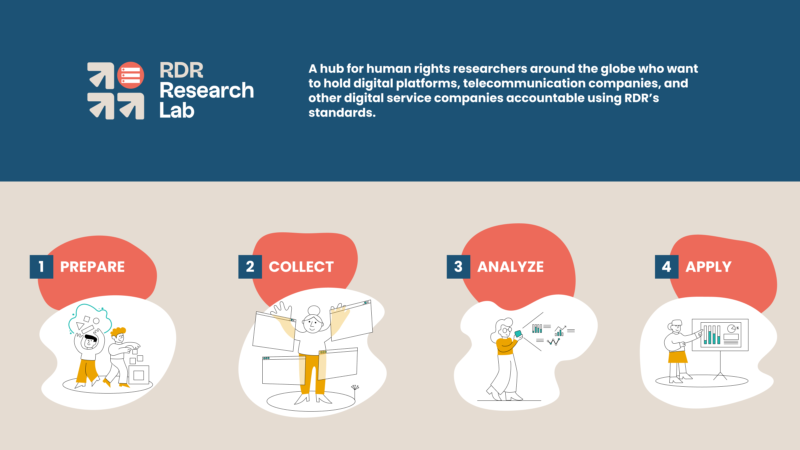
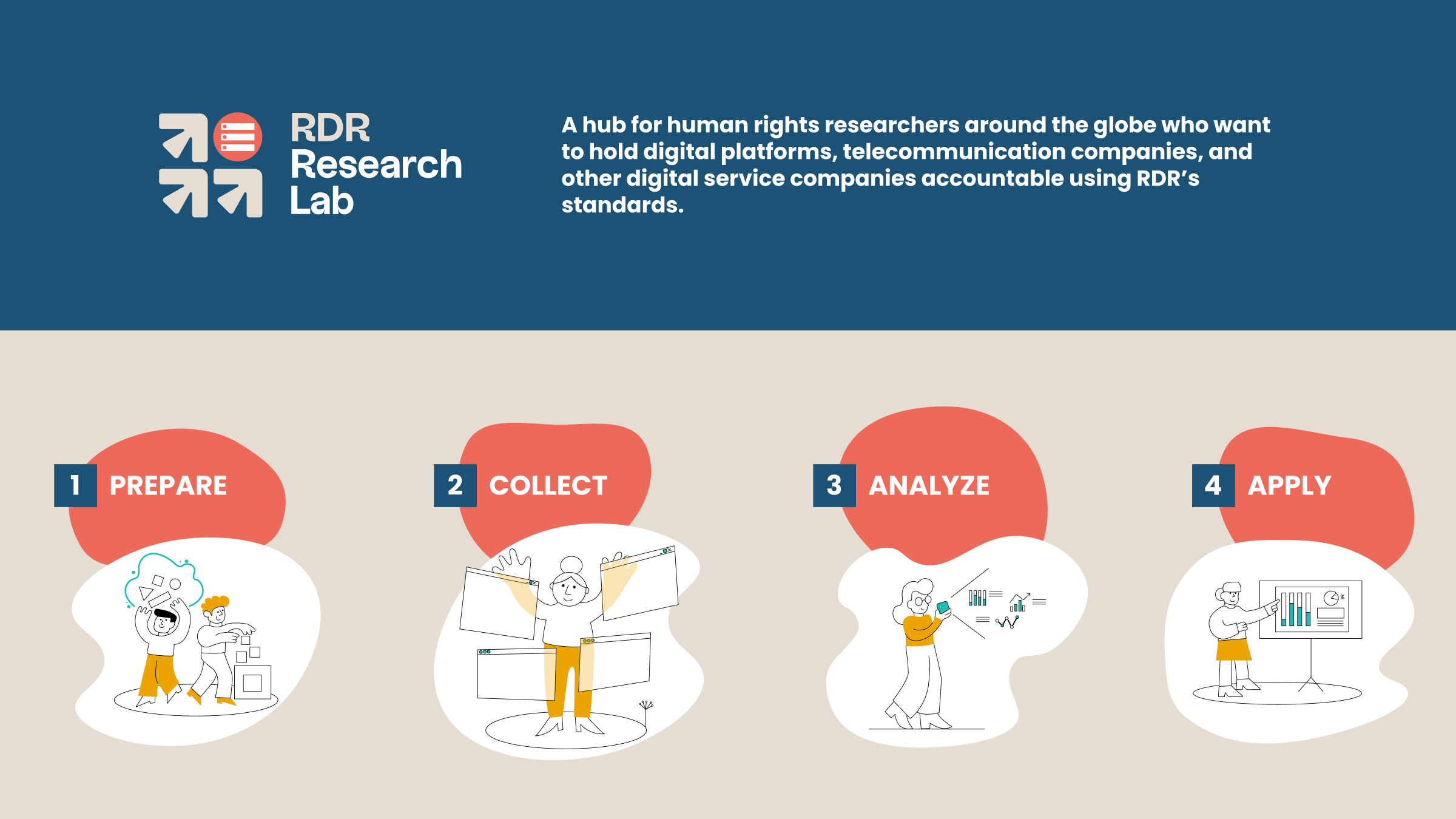
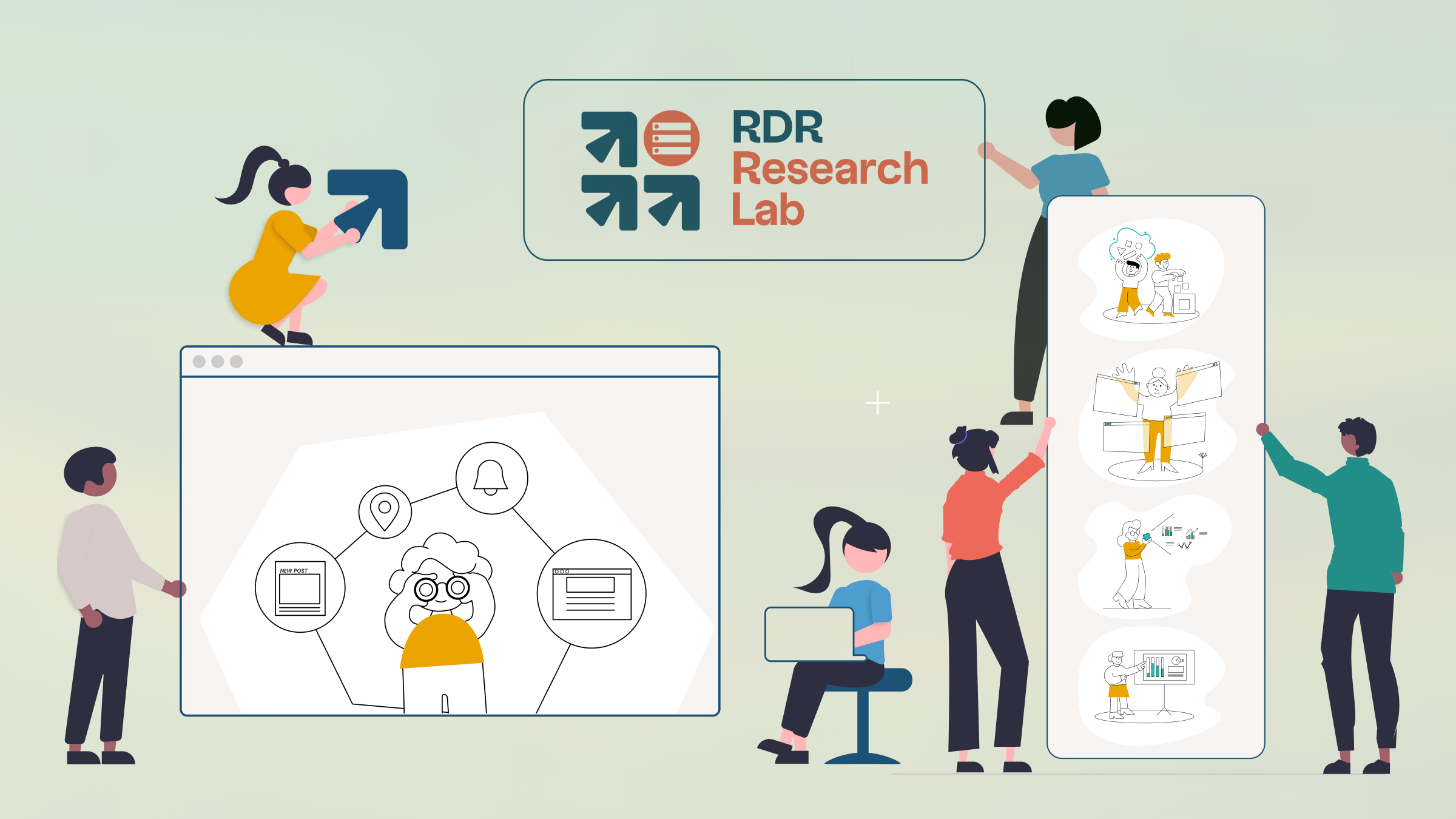
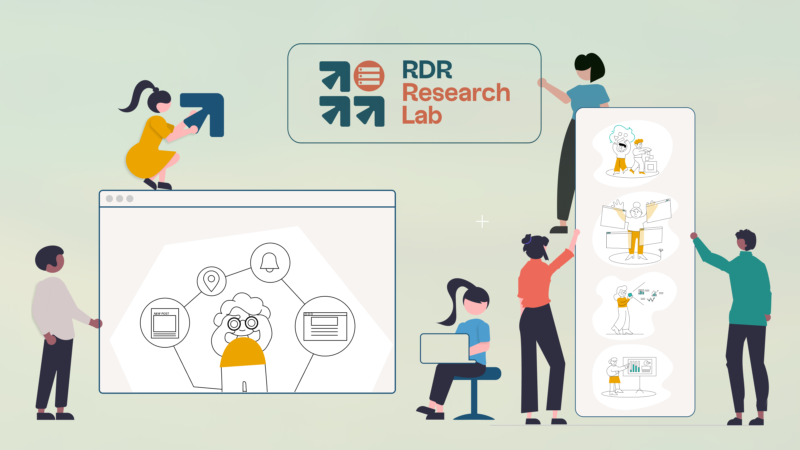
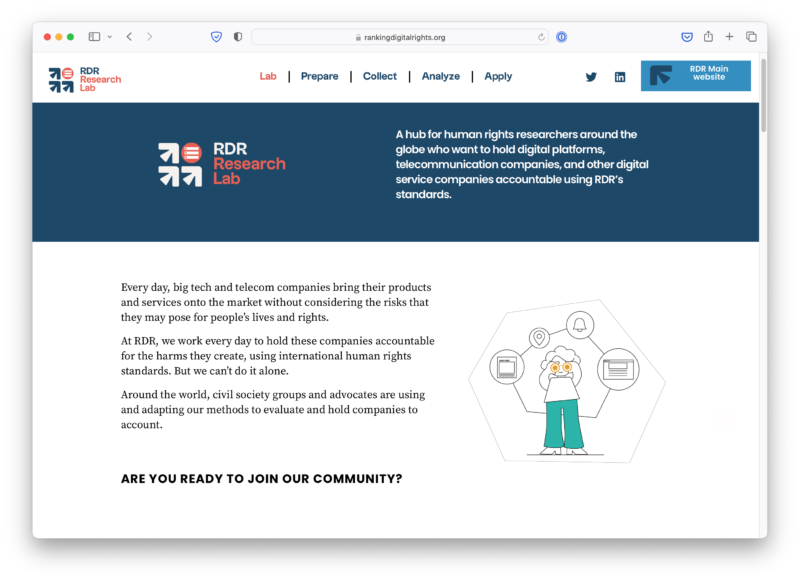

 The report found that though all companies disclosed something about their privacy policy and terms of services, none of the Iranian companies evaluated disclosed how, or how much, they enforce them. Meanwhile, foreign companies often failed to translate this kind of information into Persian and lacked transparency around language and country-specific procedures for enforcement. Alongside the report, the authors created a workbook intended to assist Iranian tech companies wishing to respect human rights self-assess and begin internal discussions.
The report found that though all companies disclosed something about their privacy policy and terms of services, none of the Iranian companies evaluated disclosed how, or how much, they enforce them. Meanwhile, foreign companies often failed to translate this kind of information into Persian and lacked transparency around language and country-specific procedures for enforcement. Alongside the report, the authors created a workbook intended to assist Iranian tech companies wishing to respect human rights self-assess and begin internal discussions.




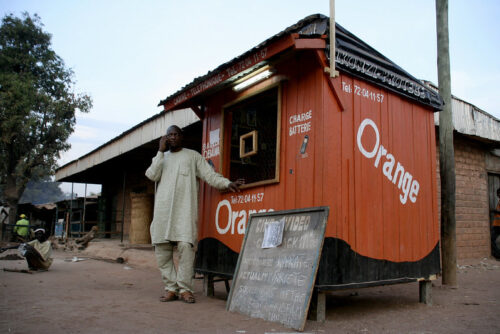 Did you know we work with organizations all over the world to adapt our methods and standards to highlight how a lack of platform accountability affects local issues and environments? This year alone, we’ve collaborated with 10 organizations in different corners of the world to produce original platform accountability research and scorecards.
Did you know we work with organizations all over the world to adapt our methods and standards to highlight how a lack of platform accountability affects local issues and environments? This year alone, we’ve collaborated with 10 organizations in different corners of the world to produce original platform accountability research and scorecards.